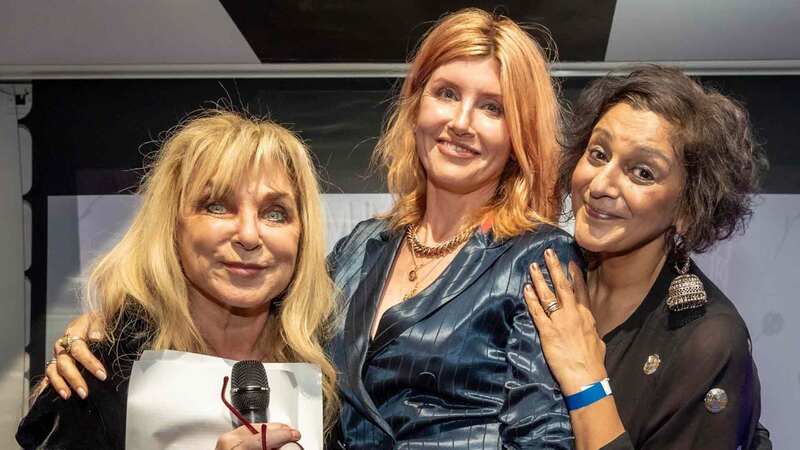You are viewing your 1 free article this month. Login to read more articles.
EC study puts average author earnings at £12,500
The Society of Authors is pushing its case for "fairer" contracts in the wake of a newly released European Commission study which found writers in Europe on average earned £12,500 a year in 2015 (calculated from a euro sum of €17,500, using 2015 exchange rates).
The study found the average total income from a UK author’s latest book added up to less than £6,000 (€8,000, calculated on the same basis).
The EC's findings are based on data from May 2015, and take into account advances, royalties and Authors Licensing and Collecting Society (ALCS) and Public Lending Right payments. They show authors were earning just €17,500 a year (£12,500 at contemporary exchange rates) on average in May last year. The earnings equated to almost £5,000 below than the Minimum Income Standard of £17,100.
The research is deemed "particularly significant" to UK writers since they were "by far" the largest group of book author respondents; 317 UK authors responded to the survey while only three other countries had more than 20 authors participating. The vast majority of respondents had more than a decade's experience in the industry.
Fewer than 51% of book authors viewed writing as their only or main source of income, according to the report. It mirrors the ALCS study that concluded in 2013 that only 11.5% of professional UK authors earned their incomes solely from writing. In 2005 40% of professional authors said that they did so.
ALCS's research estimated author earnings at £11,000 in 2013.
In the new EC report, the UK further scored zero on a points system measuring the number of legal restrictions imposed on publishers by their contracts, whereas France scored the maximum of three points. The SoA argued this proved UK authors do not enjoy the same legal safeguards as their counterparts in other EU countries to ensure that contracts are fair.
Recommendations in the report include a legal requirement for written contracts, saying there should be an obligation to specify remuneration for individual modes of exploitation and reporting obligations to "guarantee transparency", else the contract is rendered void.
The SoA has already welcomed the EC's new raft of proposals for copyright reform as part of its Digital Single Market (DSM) strategy in September, with one clause suggesting authors should have the opportunity to renegotiate contracts where renumeration is “disproportionately low” relative to publishers’ revenues.
Nicola Solomon, c.e.o. of the Society of Authors, commented on the latest report: "This detailed study shows, yet again, that authors are disadvantaged by an unfair playing field and conclusively demonstrates that simple legal remedies such as controlling the term and scope of contracts can have a positive effect on authors' earnings which remain woefully low. We are concerned at the numbers of authors who are no longer able to make a living from writing and who are leaving the profession and also that many more are dissuaded from joining which could mean a less diverse creative landscape.
"We fully back the authors recommendations for sensible and proportionate measures to improve the position for creators, all of which we have been calling for as part of our CREATOR campaign. We believe these provisions will help avoid unfair practices that currently prevent authors making a living from writing. We will be pressing the UK Government to implement these clauses without delay."
"Very few authors are privileged to be able to earn a living from their writing alone. Any move to help make life fairer for authors is not only welcome but utterly necessary," added Lucinda Hawksley, author and member of the Management Committee of the SoA. "This EU study is valuable acknowledgement of the imbalance. In a world where publishing is huge business, readers should be made aware of the financially struggling elephant in the room: publishers need to change their attitudes to authors and to recognise that the writer of the book is at the heart of book production."
Stephen Lotinga, chief executive of the Publishers Association, commented: "Publishers want all of the authors and titles which they help to bring to the market to succeed – that is the essence of their role. The PA has in place voluntary codes and services covering many of the issues the Commission's proposals seek to address, the principles behind which publishers fully support. We are studying the measures closely and discussing with our colleagues from the author community to see whether further reform is required."



















